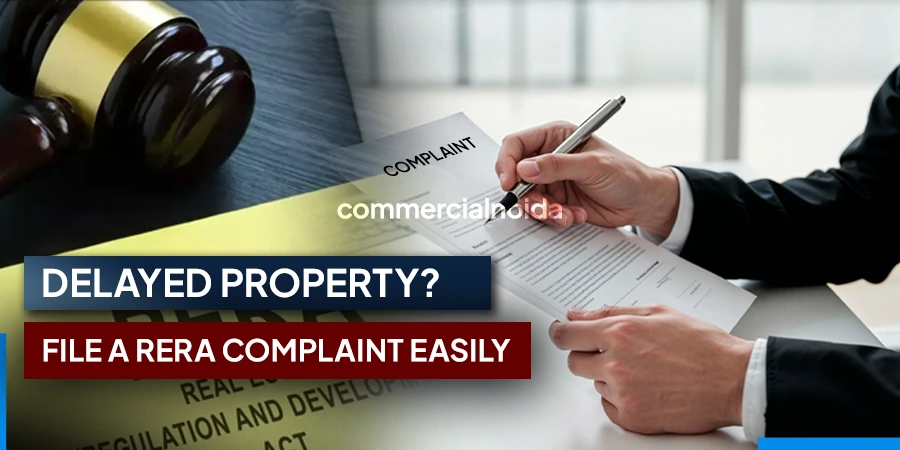
Immovable Assets Explained: Real Estate Guide for Investors
You might wonder what makes your house different from your car in the eyes of the law. Even though you bought both with your own money and use them as you please, there is a major difference. This is because your house is categorized as an immovable property.
Understanding immovable property in legal matters such as property disputes, inheritance, and taxation is very important. Through this blog, you will be able to understand what exactly an immovable property is and what legal rights you have over it.
Introduction to Immovable Property
An immovable property is an asset attached to the earth that cannot be relocated without damage. Not only that, but all the benefits that arise from the land are also considered immovable property. It includes land, buildings, houses, outdoor structures, mines, quarries, bridges, tunnels, highways, and natural resources (like soil, minerals, trees, waterbodies) etc.
According to Section 3 of the Transfer of Property Act 1882, immovable property refers to anything fixed to the ground, placed in the ground, or attached to something that is fixed in the ground. There are various legal obligations and permissions one has to fulfil when dealing with the transaction or division of such properties.
Classification of Immovable Properties
Let's understand what properties are included in this category with examples:
Land
Land in real estate refers to a defined portion of the earth, including the space above it and below it. Any land is considered an immovable asset, whether it is raw (unused) or built-up.
Benefits Derived From Land
The interpretation clause of the Transfer of Property Act, 1882, specifies that benefits that arise from the land are also considered a part of your immovable assets.
1. Groundwater, minerals, soil, precious stones, etc., found below the surface of the land are also immovable.
2. Trees (except timber and crops), ponds, lakes, and additional outdoor structures that add value to the land also become a part of immovable property.
3. Fisheries and ferries are also considered immovable assets.
Buildings & Structures: The Visible Assets
Real estate that you will build attached to the land becomes an immovable property. The entire built-up structure, including the fittings such as doors and windows, too, is considered immovable.
It includes residential property, commercial property, industrial property, agricultural land, and mixed-use developments. Religious buildings, healthcare facilities and educational institutes are also included.
Legal Rights regarding immovable property
Many rights are enjoyed as a result of owning a property:
Ownership Rights
As per the Registration Act of 1908, when you own property, you have the exclusive right of possession, i.e., to occupy and to use. You, as an owner, can control how the property is used and utilize it for your financial gain through rent and lease, or establish your structure to conduct business or manufacture.
Right to Disposition and Transfer
Under the Real Estate (Regulation and Development) Act, 2016 (RERA), an owner is protected while making transactions related to a property. To sell, lease, or gift is also a basic property owning right. If the property is used for cultivation or service by another party, the owner is entitled to collect dues or payments.
Right to Easements
Indian Easements Act, 1882, provides the right to access or provide access through a piece of land. Unauthorized entry on private land is considered trespassing and you can legally challenge anyone doing so.
Moreover, you are entitled to basic facilities like water, air, and natural light under this act.
Marine Rights: Right of Ferry and Fishing
You can operate a ferry or a vessel on a water body, as this asset is classified as immovable. A ferry can act as an extension of a road or highway as it enables the transport of people or vehicles for a fee.
Owners can access fish and assets (like minerals) in a specific water body. It means marine rights of structures built on water, such as fishery, should also be considered immovable.
Right to Mortgage
Owners can use the property as security to obtain a loan or mortgage. Immovable property can be used as collateral, allowing the owner to access funds without selling the asset.
In short, an immovable asset is more than just the physical property attached to your land. The definition is broad and includes resources such as sunlight, trees, etc, as discussed above. Any asset that is attached to the land and cannot be carried from one place to another is regarded as immovable property. With this knowledge, you can protect your most valuable asset and enjoy its benefits to the full potential.


























































































































.webp)

































































































.webp)
















































































.webp)
































































































